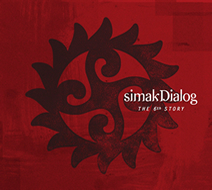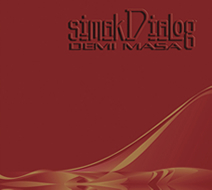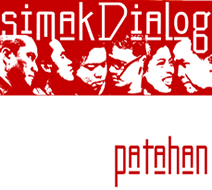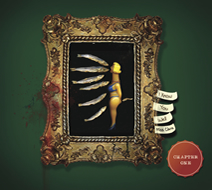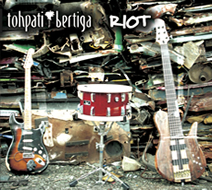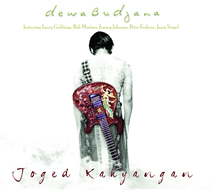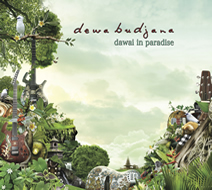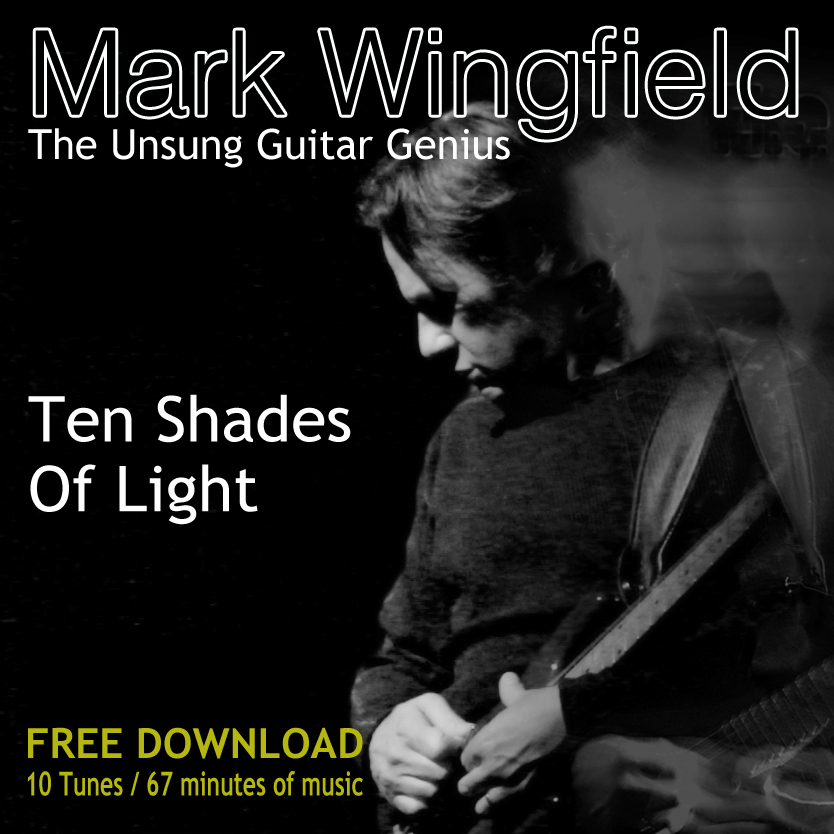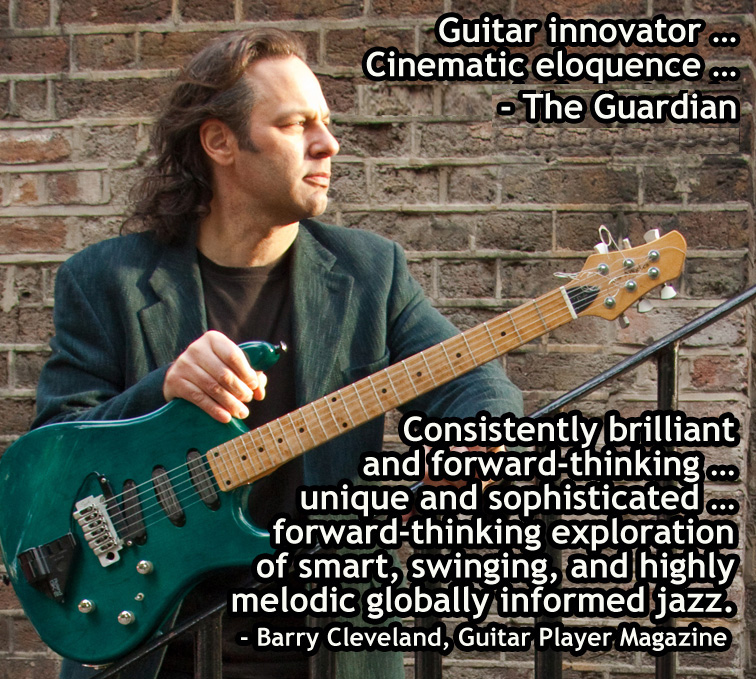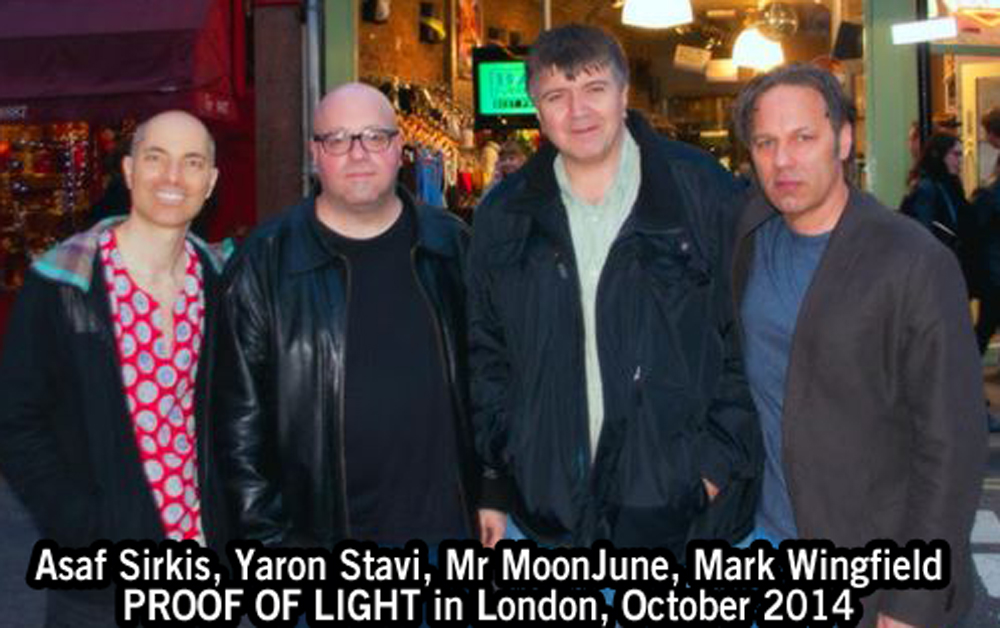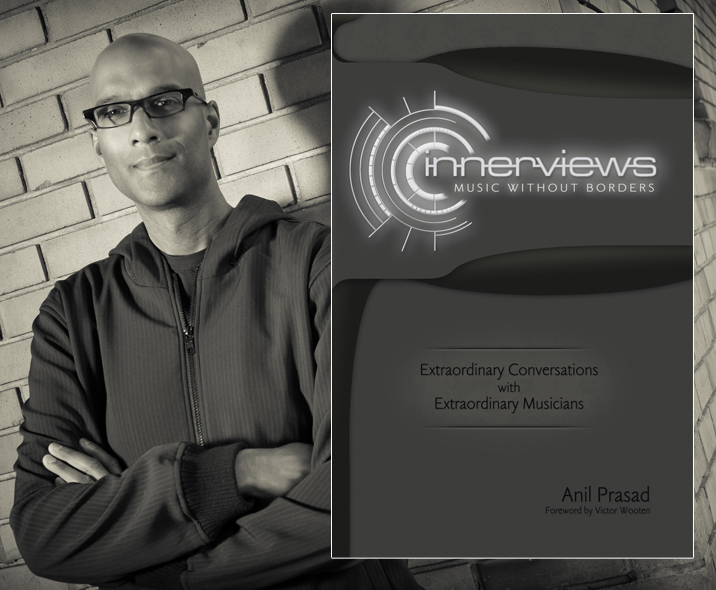MOONJUNE Records infos
MOONJUNE Records
2025
|
|
|
|
|
|
|
|
|
|
|
|
|
|
|
2024
|
|
|
|
|
|
|
|
|
|
|
|
|
|
|
|
1
|
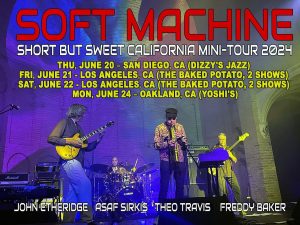
|
|
|
|
|
|
|
|
2023
|
|
|
|
|
|
|
|
|

|
|
|
|
|
|
|
|
I cannot watch the interview, it is what it is, but if You have some spare time, You can just listen the audio, and if I said some BS, no, I do not apologize! Hahaha…
|
|
|
Tickets for SECOND INTERNATIONAL MOONJUNE MUSIC FESTIVAL TOLEDO 2023 are on private/silent sale
This message is sent to a select number of friends and hard core MoonJunista fans.
Dear Friends in Music
|
|
|
||||||||||||||||||||||||||||||||||||||||||||||||||||||||||||||||||||||||||||||||||||||||||||||||||||
|
MOONJUNE RECORDS NEW RELEASE
ANCHOR & BURDEN
‘Kosmonautik Pilgrimage’
CD / HD 24 bit DOWNLOAD
|
||
|
|
|
CDs are being shipped from Spain with CORREOS DE ESPAÑA. Shipping to Spain and Europe is $3 per CD. Shipping anywhere else in the world is $5 per CD. This is by far much better deal than when MoonJune was shipping from the USA.
WHEN BUYING DIGITAL DOWNLOAD FROM UK OR EUROPEAN UNION, THEN CHANGE ‘YOUR COUNTRY’ TO USA, ZIP CODE 10001, AND YOU WILL DISCOVER WHY. SAVE MONEY!
|
||||
|
|
|
|
Kosmonautik Pilgrimage is Anchor and Burden‘s sixth, and the band’s first album with drummer Asaf Sirkis, and it should come as no surprise that he sounds like he has been in the band since the beginning. The music is rich and eventful, from the atmospherics and thunder of opener « Corridors of Silent Screams » to the pattern repetition of « Cerebral Transfixations » to the serpentine melodies of « Secret Laboratory. » It definitely rewards repeat listening.
– Mark Sullivan, All About Jazz
|
||
|
|
|
|
|
||||||||||||||||||
|
|
|
Featuring two omni-present and most recorded musicians on MoonJune Records: MARKUS REUTER (of Stick Men) and ASAF SIRKIS (who is also the new drummer for Soft Machine, substituting John Marshall who is retiring due to his health issues).
MARKUS REUTER – Touch Guitars AU8 & S8, Soundscapes
ALEXANDER PAUL DOWERK – Touch Guitars S8 BERNHARD WÖSTHEINRICH – Keyboards & Electronics ASAF SIRKIS – Drums & Percussion Direct link, for more info and album purchase options:
https://anchorandburden. All music written and performed by Anchor and Burden Produced by Markus Reuter & Alexander Paul Dowerk Artwork: Ruben Pang, www.rubenpangstudio.com Supported by Initiative Musik gGmbH with project funds from the Federal Government Commissioner for Culture and Media. Fully supported by MoonJune Music. Direct link, for more info and album purchase options:
|
||
|
ANCHOR & BURDEN performing live at the First International MoonJune Festival, Jajce, Bosnia & Herzegovina, June 25, 2022.
|
||
|
ANCHOR & BURDEN FULL DISCOGRAPHY
|
||
|
|
Check also this seminal release featuring MARKUS REUTER
REUTER MOTZER GROHOWSKI – ‘Bleed’
Markus Reuter – Tim Motzer – Kenny Grohowski
|
||
|
|
STICK MEN featuring MARKUS REUTER
WEST COAST North America TOUR 2023
|
||
|
Feb 3 – Vancouver, BC, Canada (Rickshaw Theatre)
Feb 4 – Eastsound, WA (Orcas Center)
Feb 5 – Everett (Seattle), WA (Historic Everett Theatre)
Feb 7 – Portland, OR (Alberta Abbey)
Feb 8 – Eugene, OR (The WOW Hall)
Feb 9 – Redding, CA (The Dip)
Feb 10 – Arcata, CA (Arcata Playhouse)
Feb 12 – Mill Valley (SF Bay Area), CA (Sweetwater Music Hall)
Feb 14 – San Jose, CA (The Ritz, San Jose)
Feb 15 – Fresno, CA (The Painted Table)
Feb 16 – Stockton, CA (Haggin Museum)
Feb 17 – Los Angeles, CA (The Baked Potato)
Feb 18 – Los Angeles, CA (The Baked Potato)
Feb 19 – Los Angeles, CA (The Baked Potato)
Feb 22 – Costa Mesa, CA (The Wayfarer)
Feb 23 – Escondido (San Diego), CA (The Grand – Ritz Theater)
Feb 24 – Phoenix, AZ (The Rhythm Room)
Feb 26 – Santa Fe, NM (Tumbleroot Brewery)
Feb 28 – Golden (Denver), CO (Buffalo Rose)
March 1 – Palmer Lake, CO (Tri-Lakes Center for the Arts)
March 3 – McKinney (Dallas), TX (Guitar Sanctuary)
March 4 – The Woodlands (Houston), TX (Dosey Doe – The Big Barn)
March 5 – Austin, TX (Parish)
More shows to happen in August 2023 (USA) and in November/December 2023 (Europe).
STAY TUNED!
|
||
|
MARKUS REUTER and ASAF SIRKIS
Two Most Recorded Musicians
on MoonJune Records (130 albums)
|
||
|
Markus Reuter – featured on 21 albums
Asaf Sirkis – featured on 14 albums
CHECK THEIR MUSIC
|
||
|
|
|
|
|
|
|
|||||||||||||||||||||||||||||||||||||||||||||||||||||||||||||||||||||||||||||||||||||||||||||||||||||||||||||||||||||||||||||||||||||||||||||||||||||||||||||||||||||||||||||||||||||||||||||||||||||||||||||||||||||||||||||||||||||||||||||||||
2022
|
|||||||||||||||||||||||||||||||||||||||||
|
|
||||||||||||||||||||||||||||||||||||||||||||||||||||||||||||||||||||||||||||||||||||||||||
|
|
|||||||||||||||||||||||||||||||||||||||||||||||||||||||||||||
|
|||||||||||||||||||||||||||||||||||||||||
|
||||||||||||||||||||||||||||||||||||||||||||||||||||||||||||||||||||||||||||||||||||||||||||||||||||||||||||||||||||||||||||||||||||||||||||||||||||||||||||||||||||||||||||
|
|
||||||||||||||||||||||||||||||||||||||||||||||||||||||||||||||||||||||
|

|
||||||||||||||||||||||||||||||||||||||||||||||||||||||||
|
|||||||||||||||||||||||||||||||||||||||||||||||||||||||
|
||||||||||||||||||||||||||||||||||||||||||||||||||||||||||||||||||||||||||||||||||||||||||||||||
|
|
|||||||||||||||||||||||||||||||||||||||||||||||||||||||||||||||||||||||||||||||||||||||||||||||||||||||||||||||
|
|||||||||||||||||||||||||||||||||||||||||||||||
2021
|
|||||||||||||||||||||||||||||||||||||||||||||||||||||||||||||||||||||||||||||||||||||||||||||||||||||||||||||||||||||||||||||||||||||||||||||||||||||||||||||||||||||||||||||
|
|||||||||||||||||||||||||||||||
|
|||||||||||||||||||||||||||||||
|
|||||||||||||||||||||||||||||||||||||||||||||||||||||||||||||||||||||||||||||||||||||||||||||||||||||||||||||||||||||||||||||||||||||||||||||||||||||||||||||||||||||
|
|
|||||||||||||||||||||||||||||||||||||||||||||||||||||||||||||||||||||||||||
|
|
|||||||||||||||||||||
|
|
|||||||||||||||||||||||||||||||||||||||||||||||||||||||||||||
|
|
||||||||||||||||||||||||||||||||||||||||||||||||||||||||||||||||
|
||||||||||||||||||||||||||||
|
|
||||||||||||||||||||||||||||||||||||||||||||||||||||||||||||||||||||||||||||||||||||||||||||||
|

|
||||||||||||||||||||||||||||||||||||||||||||||||||||||||||||||||||||||||||||||||||||||||||||||||||||||||
|
|
||||||||||||||||||||||||||||||||||||||||||||||||||||||||||||||||||||||||||||||||||||||||||||||

|
|||||||||||||||||||||||||||||||||||||||||||||||||||||||||||||

Coming out in June, the new studio album ‘Solar Flash’, of the amazing drummer
, with a foreword by no more no less than
, in company of maestro
on piano and keyboards, and wonderful 6-strings bass guitarist Kevin Glasgow. Another sonic gem from the recording sessions at
studio in the beautiful countryside of Catalonia, Spain. Special guests on 4 tracks each are
(the omnipresent MoonJunista) on guitar and
on vocals (Sylwia also created beautiful artwork for the CD package). This is the 12th album featuring
, and the 8th album featuring
, two among my favorite people and dear friends, on
.
**
wrote: « I’ve known Asaf’s gifts for years, certainly enough to say that as far as i can see, there’s NOTHING he can’t do when he puts his mind to it. Of course on this innovative record his kit skills just keep expanding. but what really gets to me here are his etherial, haunting compositions, which take the soloists into uncharted territories, guiding them but allowing them freedom to dip and dive through their solos in their own sympathetically idiosyncratic ways. So this is a remarkable recording which, with its very distinct individual voices, has nevertheless the feel of a single living organism:
**
on Asaf Sirkis: « Listening to Asaf Sirkis at work, two things are immediately obvious: passion and commitment. Blessed with technical skills that are disarmingly under-played, his middle-Eastern sensibility balances the potentially volcanic with the meditative and reflective. A master of creative surprise, it’s on the edge of your seat listening when Asaf’s in town. »
***** Special dedication on this album is for
and
, two among Asaf’s favorite musicians. You have to hear it, once is out! A hell of an album! And I am in Sonic Paradise, while listening this gem!
|
||||||||||||||||||||||
|
||||||||||||||||||||||
|
|
|||||||||||||||||||||||||||
|
|||||||||||||||||||||||||||
|
2020
Another
streaming from
.
,
,
,
,
. – November 21, 5pm. The link will be posted later this week at the SSL’s website www.shapeshifterlab.com
|
||||||||
|
|
||||||||
|
||||||||
|
||||||||
|
||||||||
|
||||||||
|
||||||||
|
||||||||
|
||||||||
|
||||||||
GARY HUSBAND & MARKUS REUTER
GARY HUSBAND & MARKUS REUTER
Yet another facet of two contemporary genii is revealed. Maestros Gary Husband and Markus Reuter embark on an impromptu journey of both mind and soul, in one of the most unique, timeless efforts ever to grace the MoonJune label – or, for that matter, the improvised and avant-garde genre – with the release of the recherché, « Music Of Our Time. »And, fittingly occupying the label’s 101 space – starting the second century of releases in the same fashion as MoonJune first came into being (with the initial release: Elton Dean & Mark Hewins’ « Bar Torque ») – yet another monumental duet takes shape: perhaps in defiance of the circumstances which prompted its creation, as well as the industry environment into which it is birthed.
Temporarily stranded after performing only one show in Japan, at Blue Note in Nagoya, and having the remainder of the Japan and China tour with Stick Men (Tony Levin, Pat Mastelotto and Markus Reuter) with very special guest Gary Husband (on keyboards), abruptly cancelled, together with producer Leonardo Pavkovic, Husband and Reuter quickly constructed a ‘Plan B’ on the fly. Acting quickly, they booked a block of studio time in a Tokyo before their return flights. In a candid, unrehearsed setting, the two bared their souls – uncovering further evidence of their fluid, inventive natures.
Inspired by the house’s beautiful Fazoli Pianoforti grand piano, Gary Husband unveils new depths of his unique musical prodigy. Markus Reuter proves the perfect compliment: kinetically synchronized in effortless perfection to his partner’s every shift and turn – with graceful elegance, and rich textures providing spacious understatement throughout proceedings.
The chemistry between artists takes its immediate and obvious form: through their mutual reverence of the musical moment at hand, exhibited through seemingly telepathic interplay and dynamics. The result is a priceless gem: « Music Of Our Time » is a lustrous jewel of exquisite beauty and magnificent stature … an ethereal creation, which ventures to places and spaces music rarely accesses.
Markus Reuter: Live Electronics, Touch Guitars® AU8Recorded live in studio with no overdubs on 3 March 2020 at NK SOUND STUDIO, Tokyo, Japan
Recording Engineer: Neeraj Khajanchi
Assistant Engineer: Hirokazu Kobayashi
Mixed & mastered by Markus ReuterAll music by Gary Husband and Markus ReuterProduced by Markus Reuter and Leonardo Pavkovic
Power trio masterpiece has arrived in New York from Poland via Austria. – The historic 100th release on MoonJune Records: Markus Reuter ‘Truce’ featuring Fabio Trentini on fretless bass and Asaf Sirkis on drums, accompanying touch guitar maestro in the sonic voyage to the cosmic Reuterschaft!. Brutally phenomenal, and good news is that we will record Truce 2 later this year at La Casamurada, where this album was recorded on May 15, last year.
Order your copy, or get a baby shower edition celebrating the arrival to this Planet of Uma Devi Reuter, Markus’ and Jessica’s beautiful daughter, or get HD download on MoonJune‘s website: https://markus-reuter-moonjune.bandcamp.com/album/truce
(Today the post office is closed, it’s @Martin Luther King’s Day in the USA, all orders and promos are going out tomorrow, except the signed CDs which will be sent later this week directly from Austria.)

2018
Thinking of and writing about Jimi right now –

2014
https://thewrongobject.bandcamp.com/album/plays-hendrix
Augmented by the addition of the otherworldly talents of young maestro keyboardist, Antoine Guenet (The Wrong Object; Sh.TG.N; Univers Zero), fellow sonic adventurers — and Machine Mass founders — guitarist Michel Delville (The Wrong Object; douBt; Alex Maguire Sextet) and drummer Tony Bianco (douBt; Elton Dean; Dave Liebman) combine forces to steam through a set which provides a refreshing retake of some of the most
influential psychedelic rock classics from the ’60’s that changed the face of music! While the songs reference frameworks familiar to most classic rock aficionados, the comparisons end there: the trio follows flight plans which are uniquely their own, achieving moments stunningly fresh, instinctive, profound and moving. The addition of piano and keyboards to the tracks provides a welcome approach, imploring reharmonizations as well as complete revisions many hipsters, both young and old, will revel in!
In typical Machine Mass fashion, the music thumbs its nose at convention and is unapologetically uninhibited in its delivery. The group pushes boundaries on all front, producing a record that is as fascinating from a tonal / textural perspective as it is from the ‘harmonic rethink’ and the mass of corporate liberties taken within the song structures, respectively.
Machine Mass’ « Plays Hendrix » is an engrossing, brilliantly conceived retake on some of rock’s most adventurous classic moments; a quintessential album for fans of rock, psychedelic and progressive, alike.

STICK MEN feat. TONY LEVIN, PAT MASTELOTTO & MARKUS REUTER: New Video Clip and Japan Tour w/MEL COLLINS

|
|
||||||||||||||||||
|
||||||||||||||||||||
|
|||||||||||||||||||
|
||||||||||||||||||
|
||||||||||||||||||||
| MoonJune Records Sampler – 75 tunes from 75 albums (for $5 only) on MoonJune Records, a truly independent record label from City of New York, focusing on progressive music that explores boundaries of progressive jazz, rock, ethno, avant and the unknown. High-quality download in FLAC or/and MP3-320 and more. ($10 contribution gives You an extra bonus album-download of Your choice. – $15 contribution gives You an extra 2 bonus album-downloads of Your choice. – $20 contribution gives You an extra 3 bonus album-downloads of Your choice.) | ||
|
|
|||||||||||||
|
|
|||||||||||||
|
||||||||
|
||||||||||||||||||||||||||||||||||||||||||||||||||||||||
|
|
|||||||||||||||||||||||||||||||||||||||||||||||||||||||||||||||||||||||||||||||||||||||||||||||||||||||||||||||||||||||||||
|
|
Tony is currently listening last two Dewa Budjana‘s albums while awaiting to be on the next two Dewa Budjana’s albums.

|
|||||||||||||||||||||||||||||||||||||||||||||||||||||||||||||||||||||||||||||||||||||||||
|
|
|
||||||||||||||||||||||||||||||||||||||||||||||||||||||||||||||||||||||||||||||||||||||||||||||||||||||||||||||||||||||||||||||||||||||||||||||||||||||||||||||||||||||||||||||||||||||||
|
|
|
||||||||||||||||||||||||||||||||||||||||||||||||||||||||||||||||||||||||||||||||||||||||||||||||||||||||||||||||||||||||||||||||||||||||||||||||||||||||||||||||||||
|
  |
|
|||||||||||||||||||||||||||||||||||||||||||||||||||||||||||||||||||||||
|
|||||||||
|
||||||||||||||||||||||||||||||||||||||||||||||||||||||||||||||||||||||||||||||||||||||||||||||
|
||||||||||||||||||||||||||||||||||||||||||||||
|
|
| Like Tweet Pin +1 in | Web Version Subscribe Forward Unsubscribe |
|
|||||||||||||
|









































































































































































































































































































































































































































































































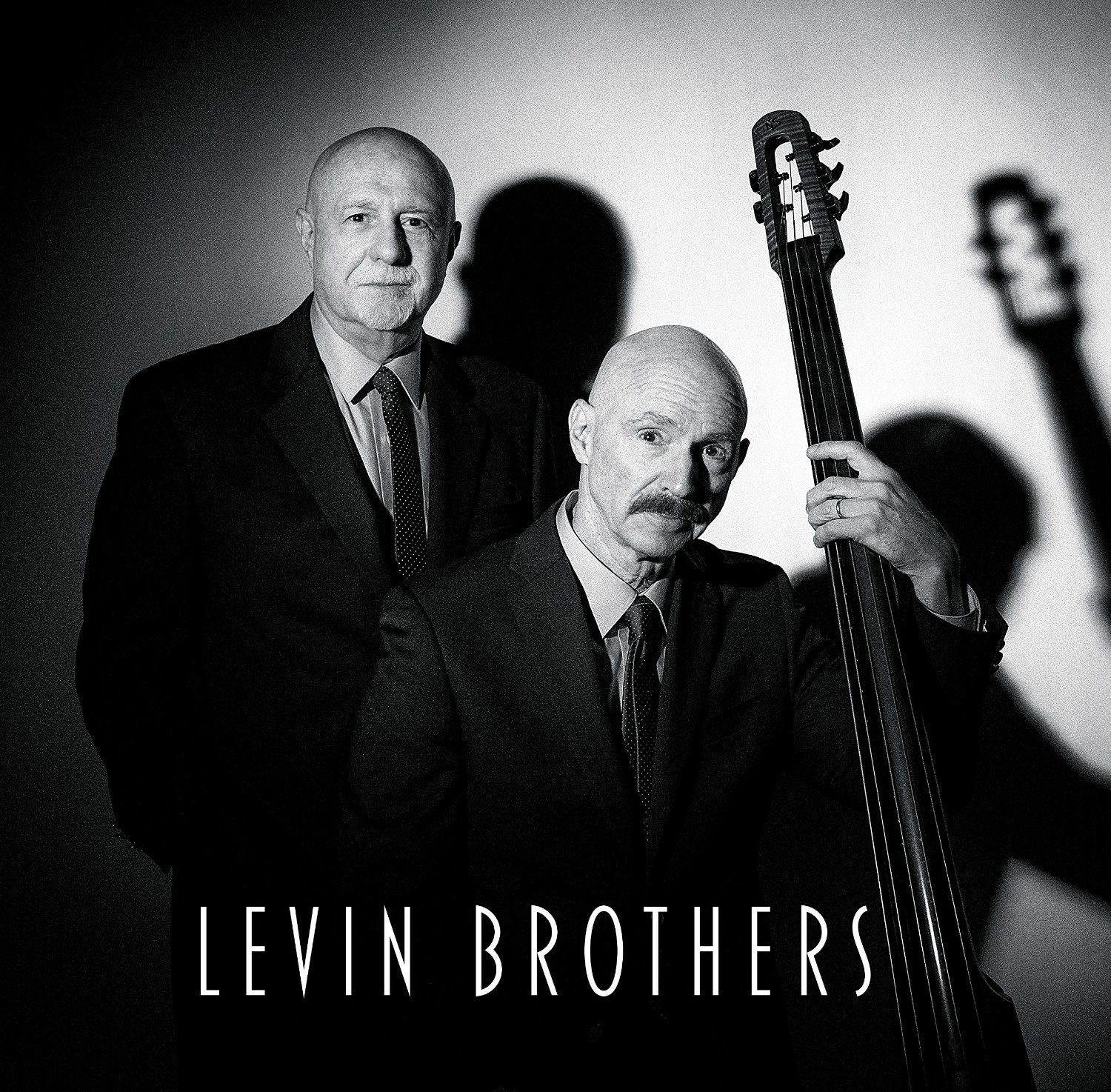

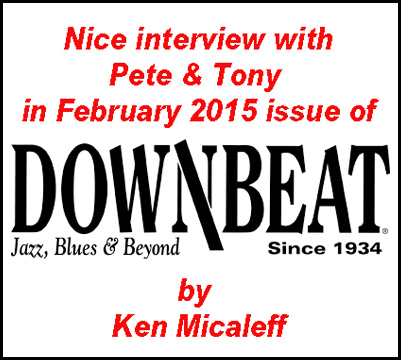
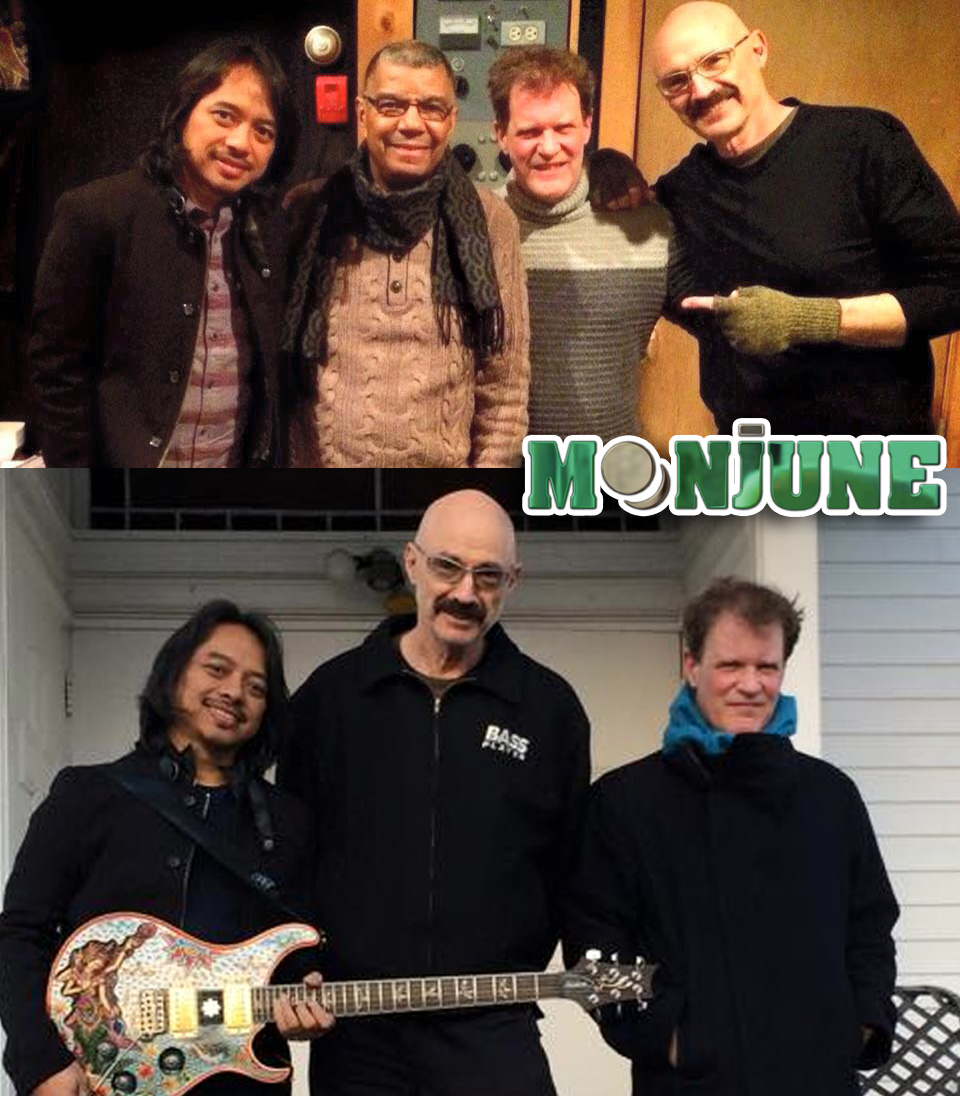


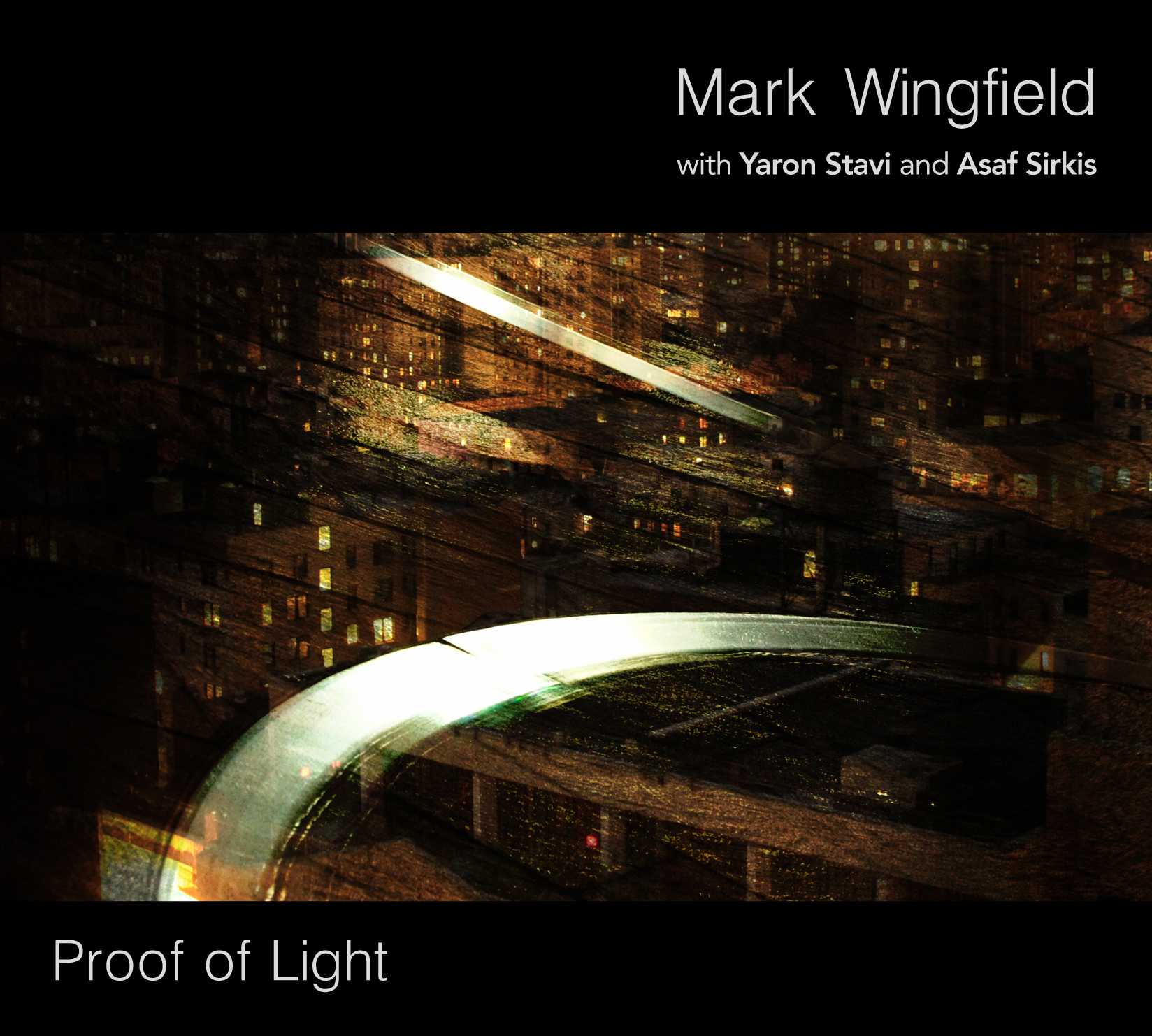
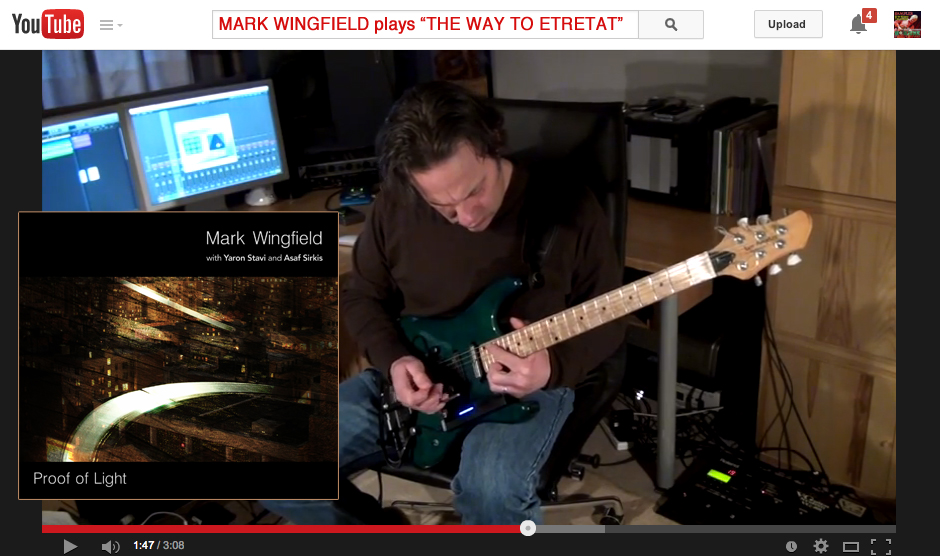







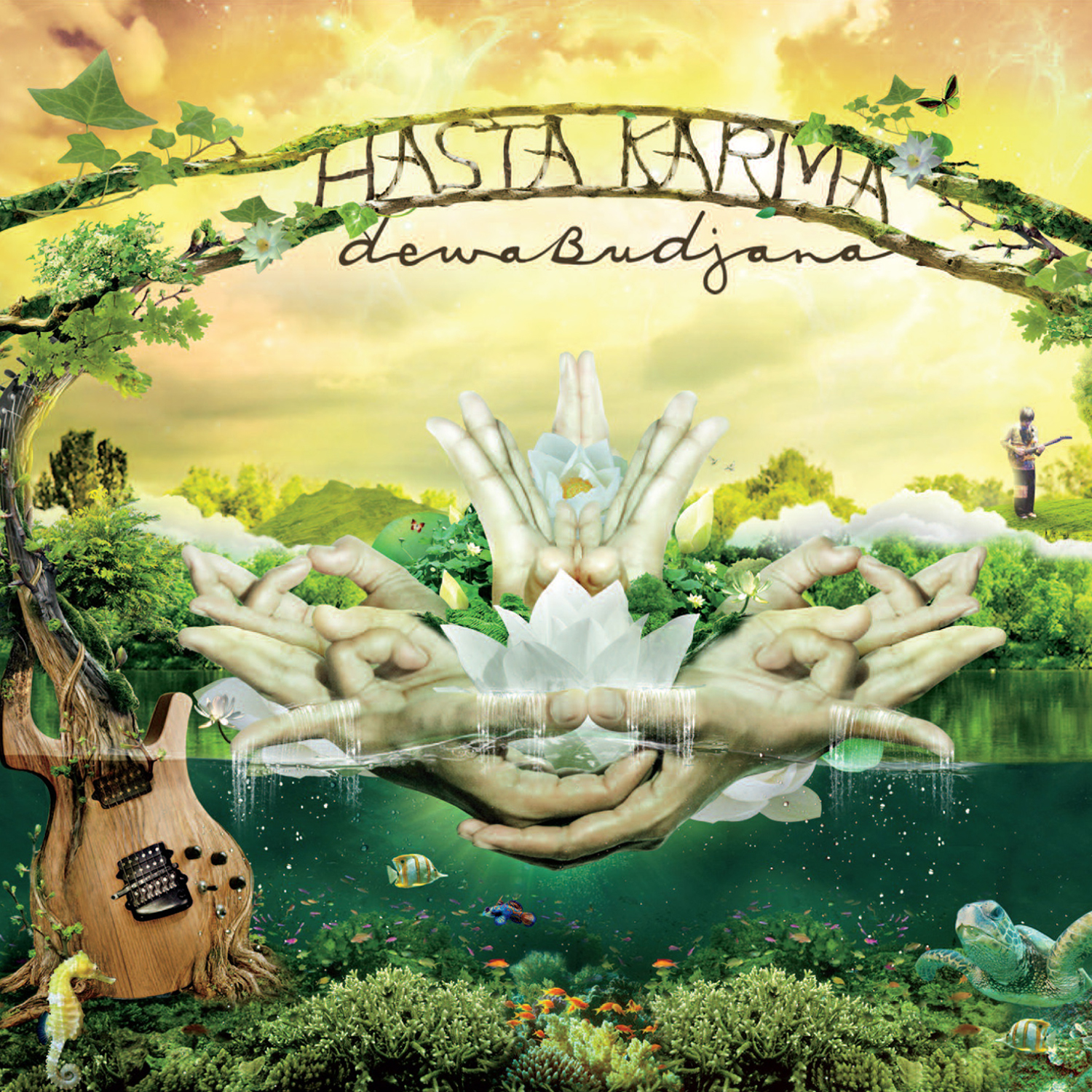


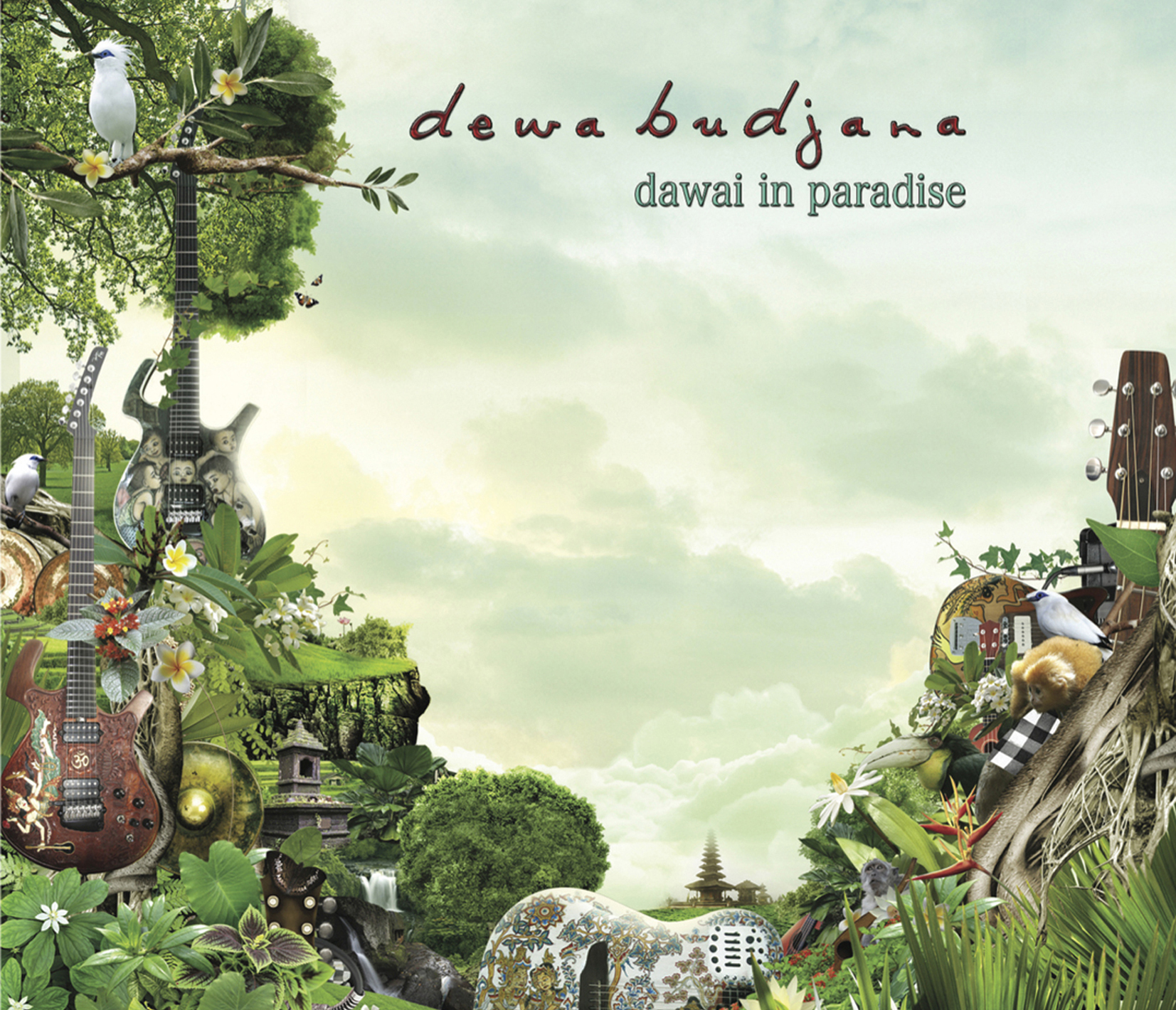
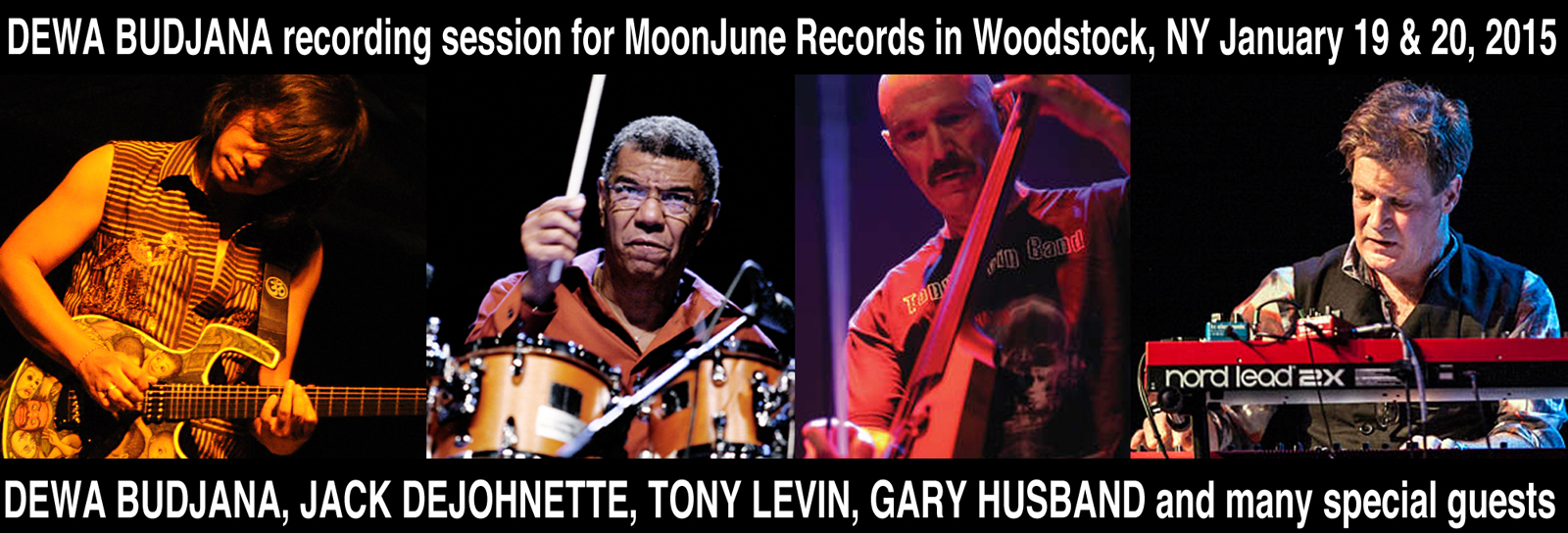

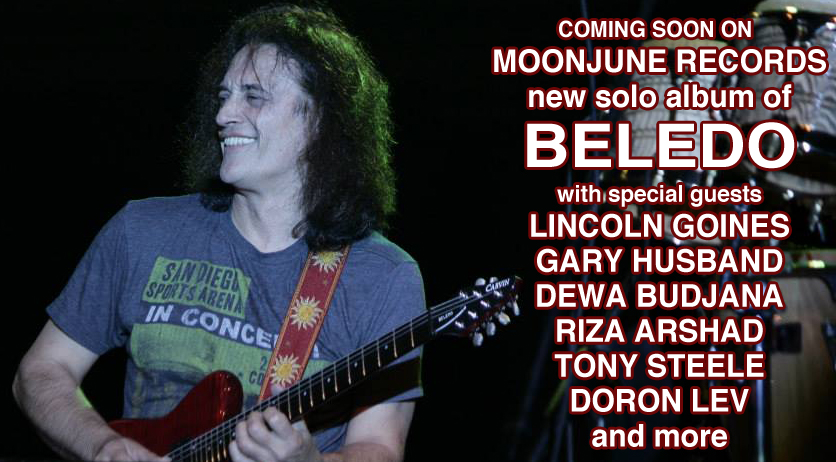


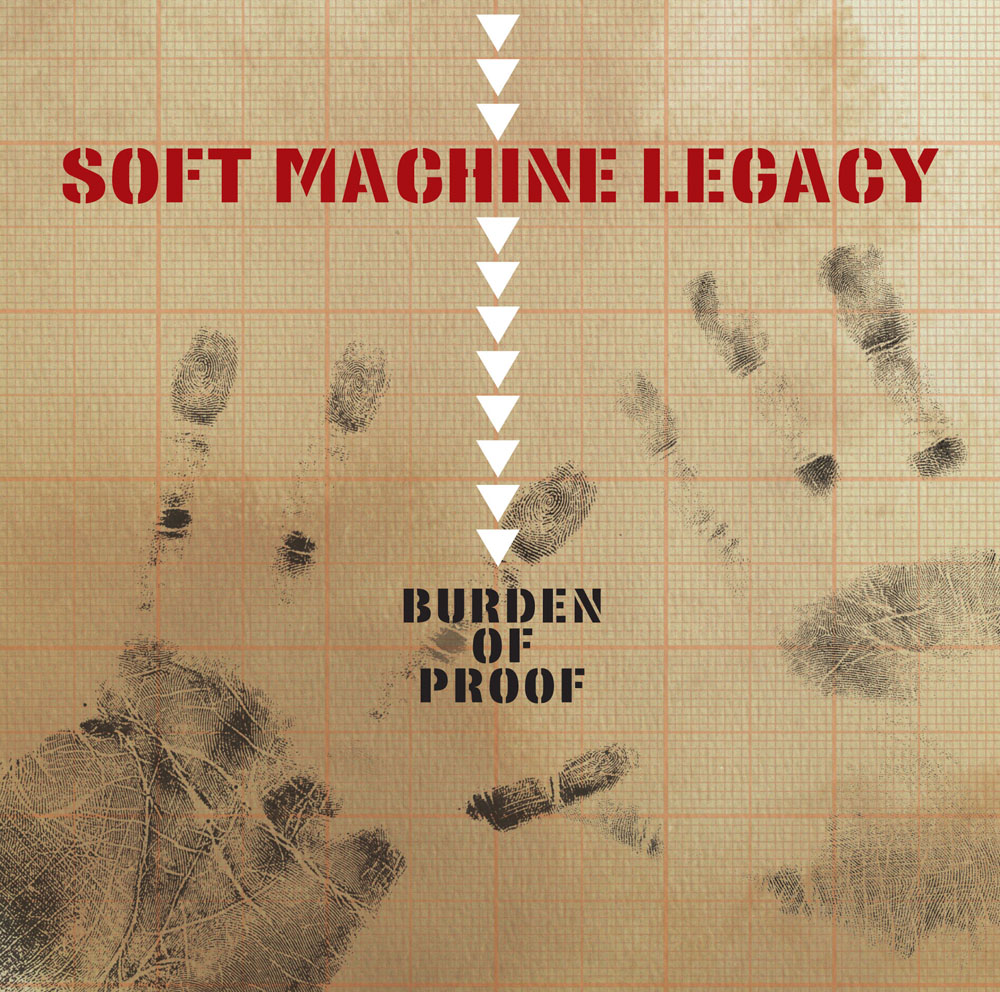
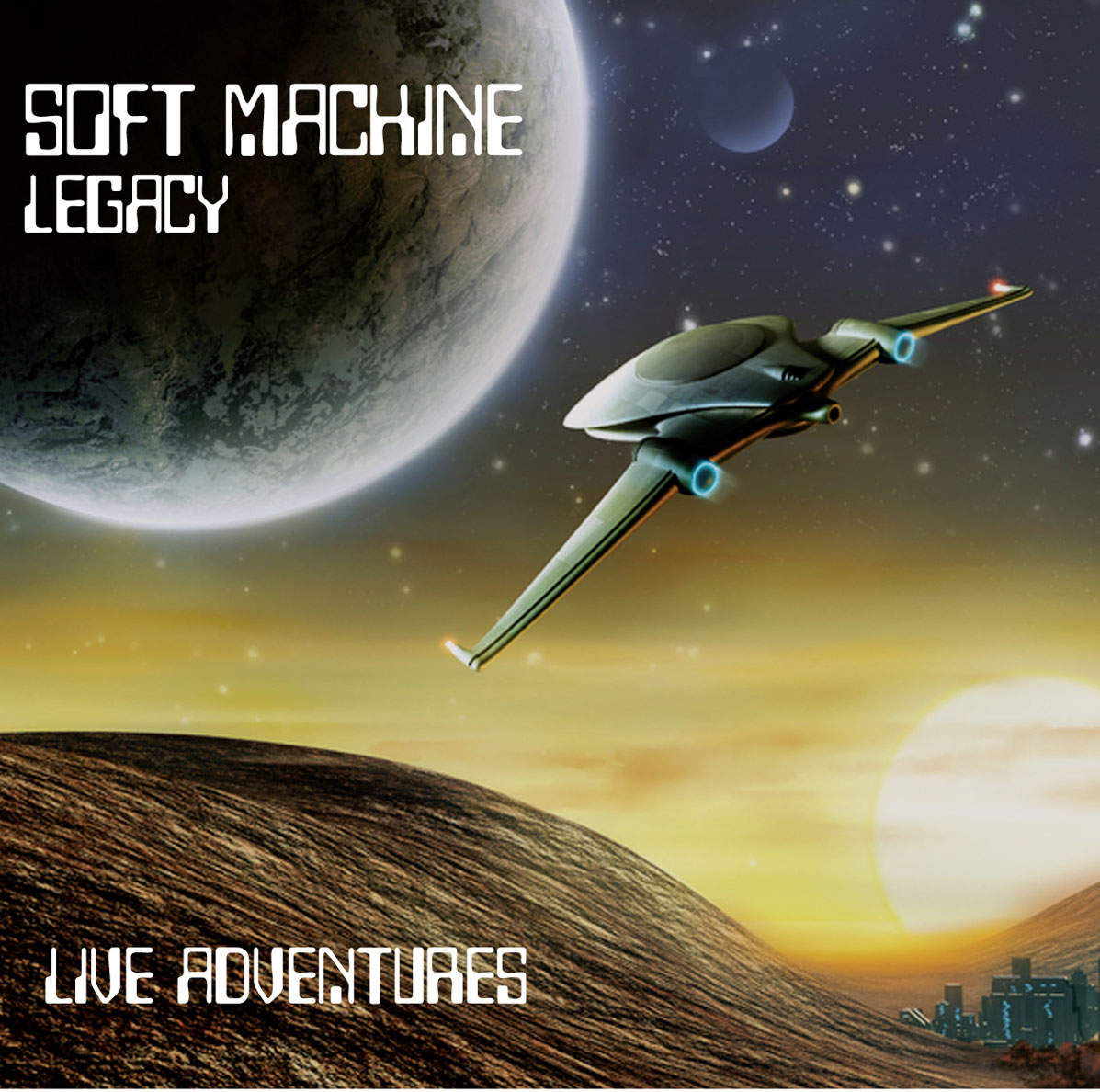


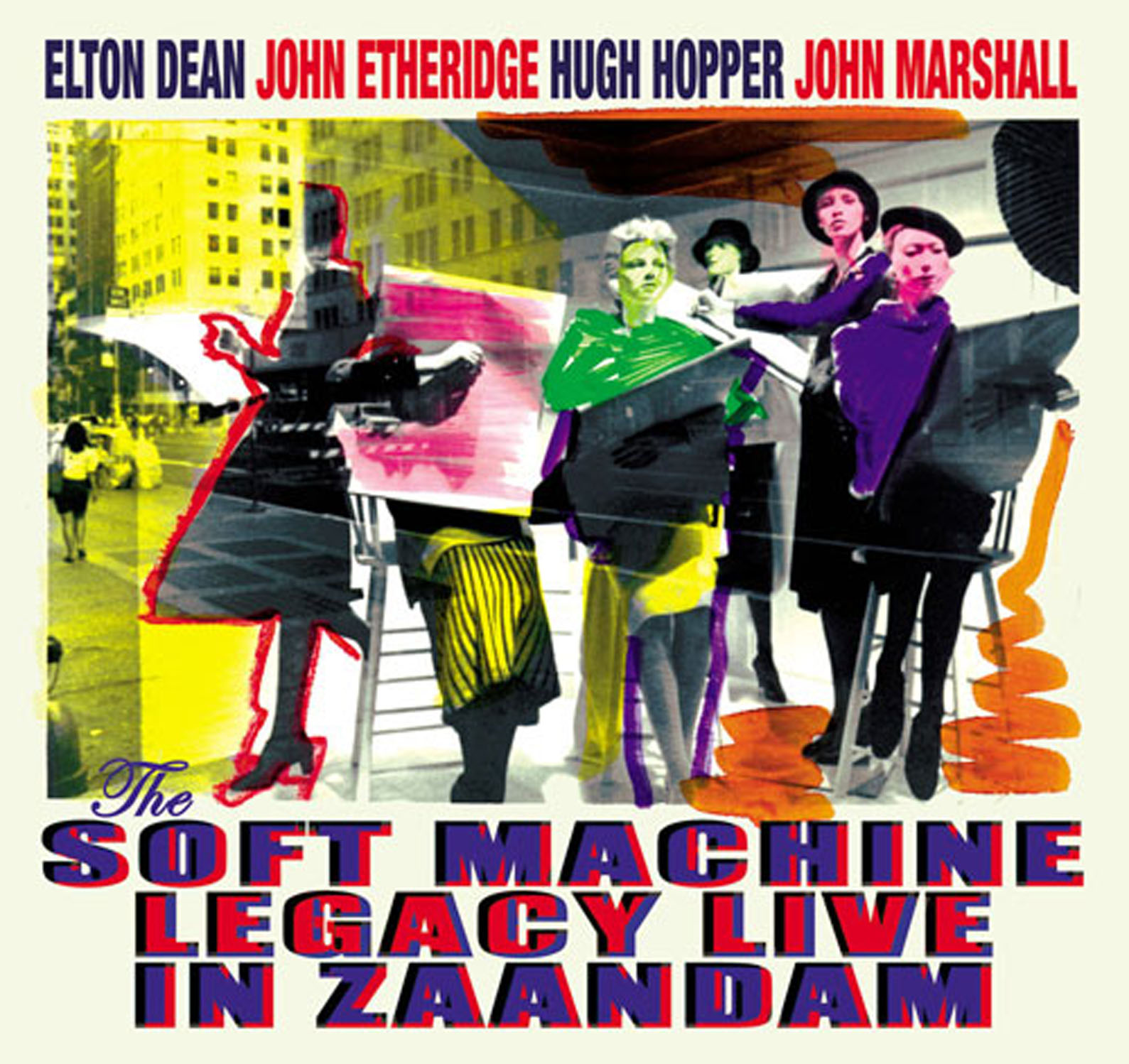

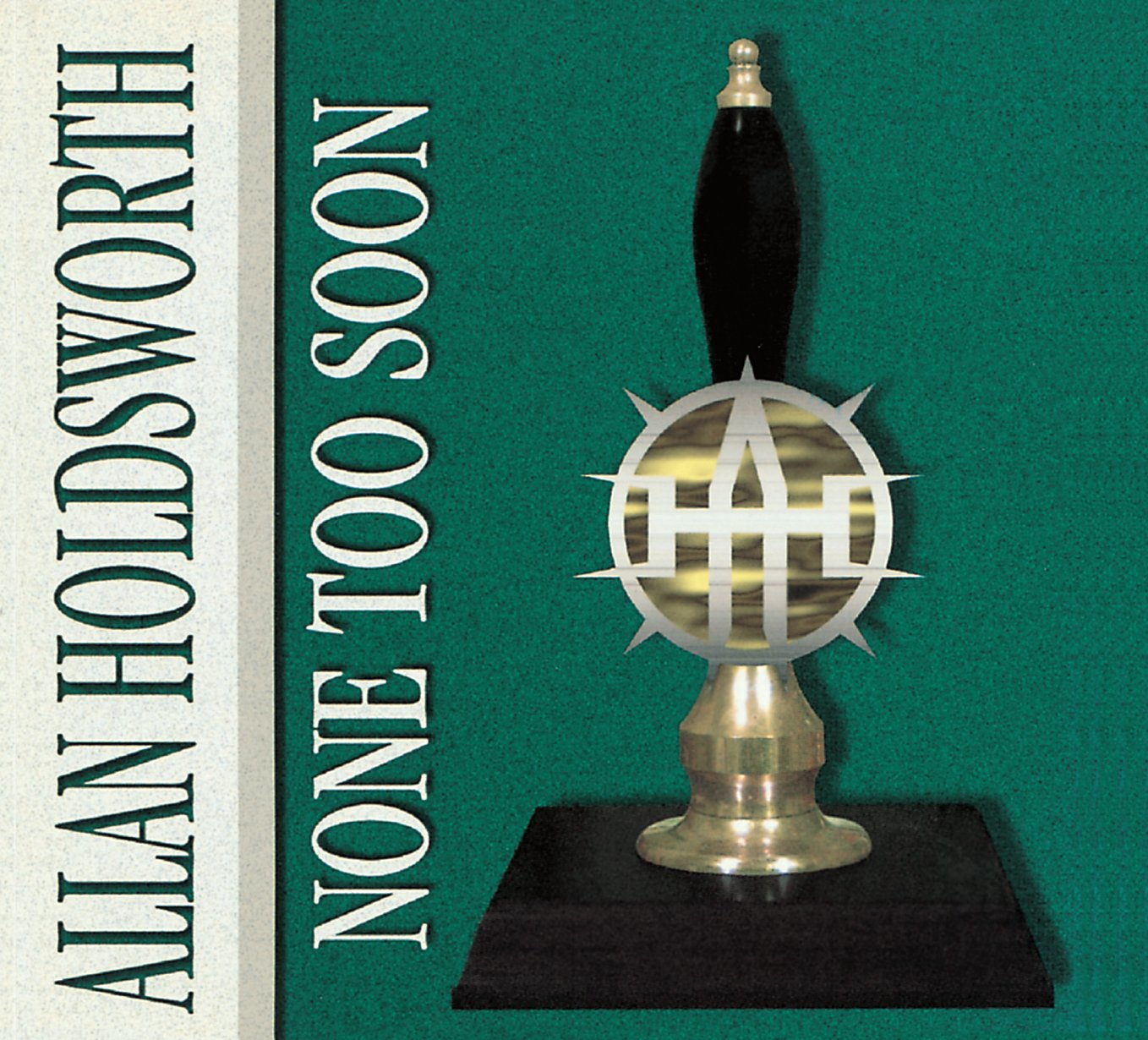
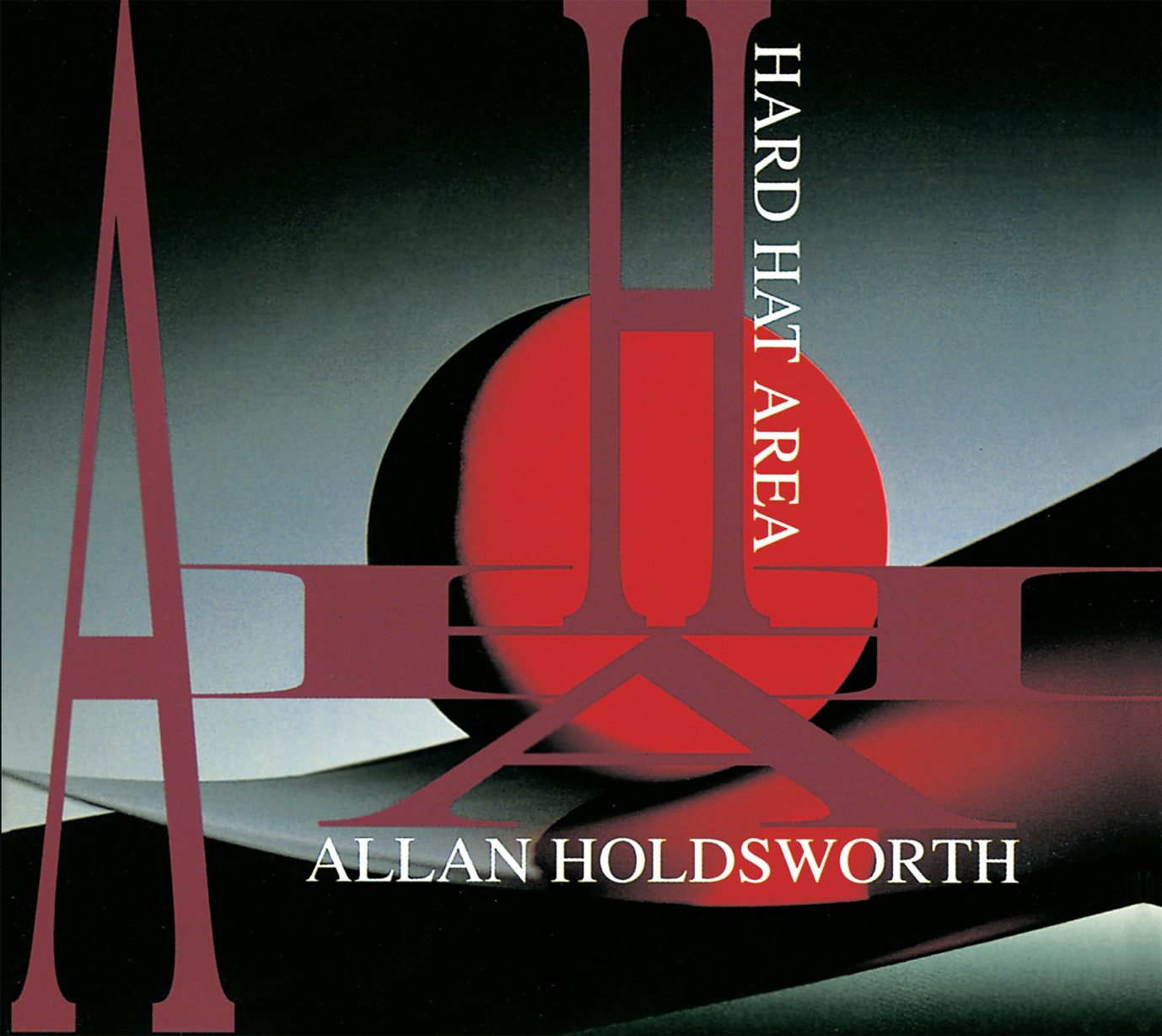
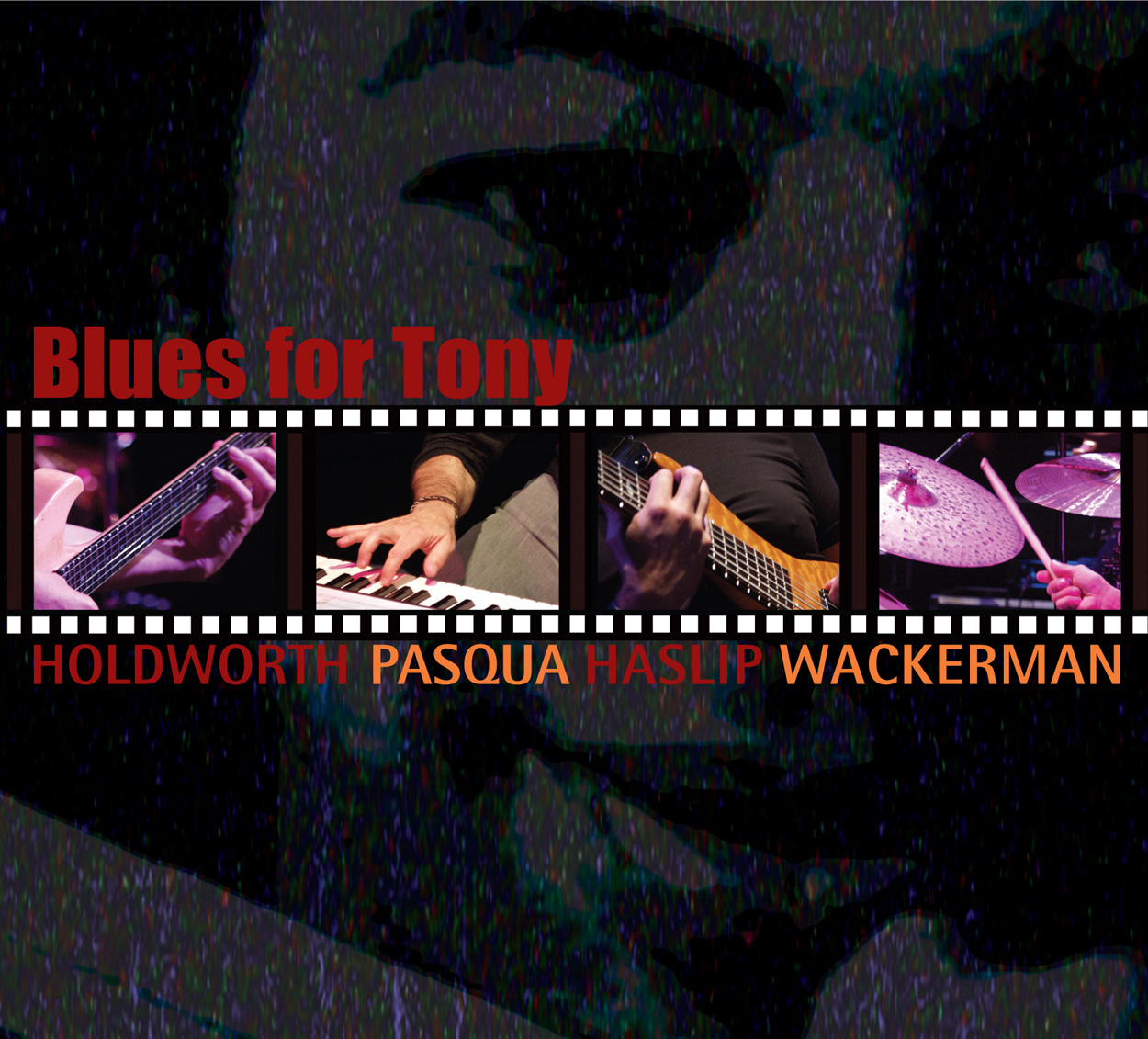
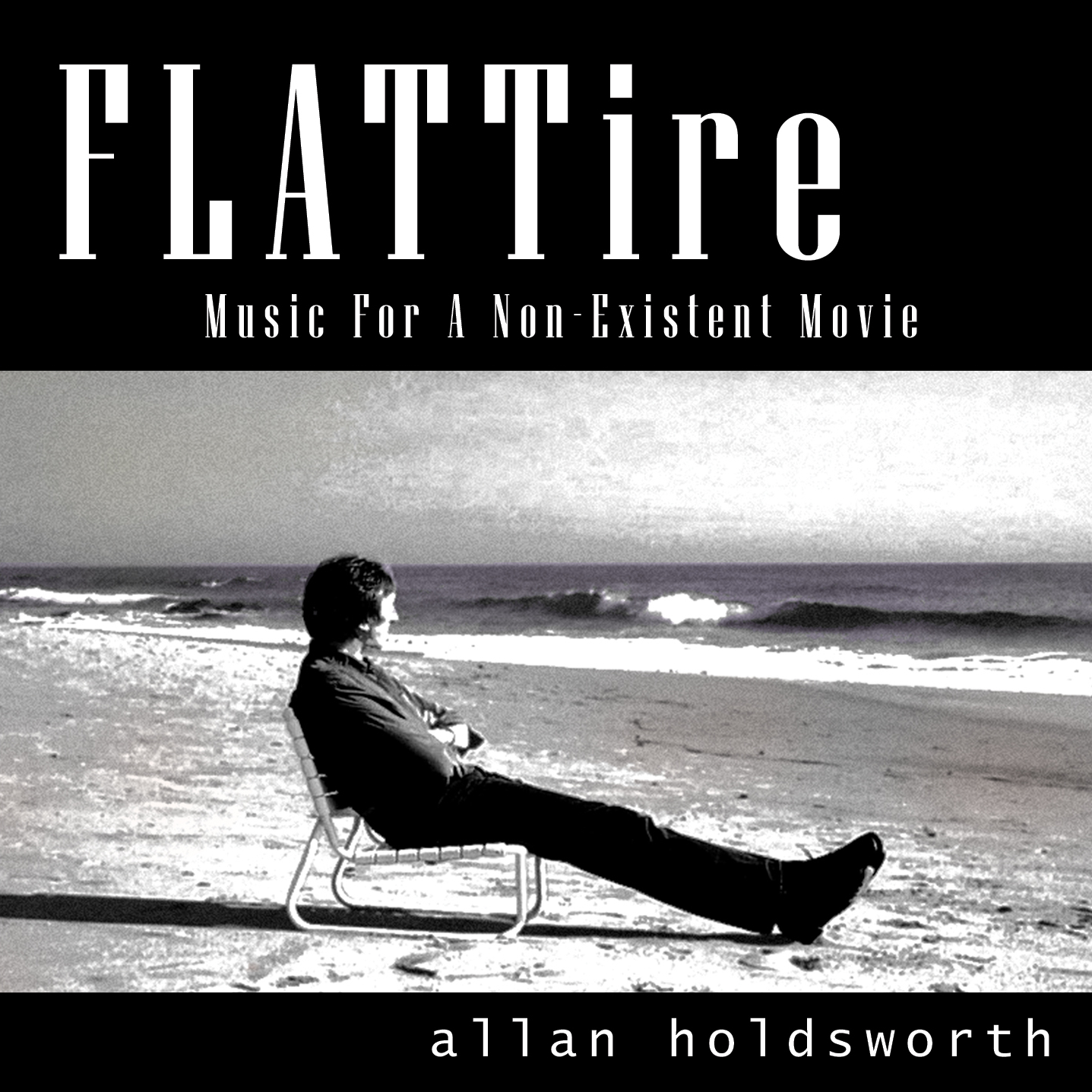

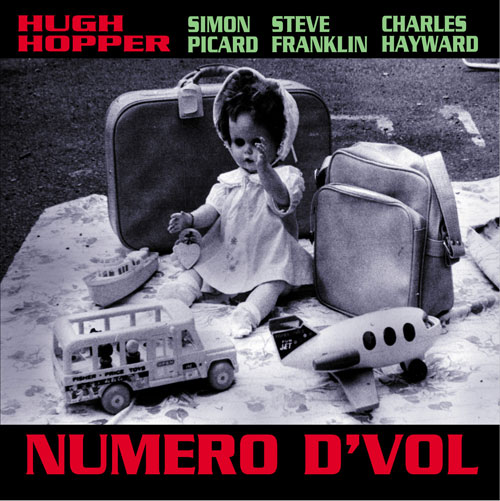


















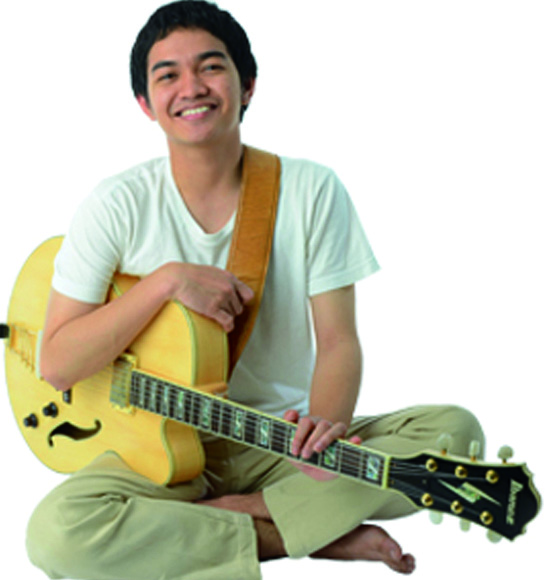 Direct link for more info and purchase options:
Direct link for more info and purchase options: 
